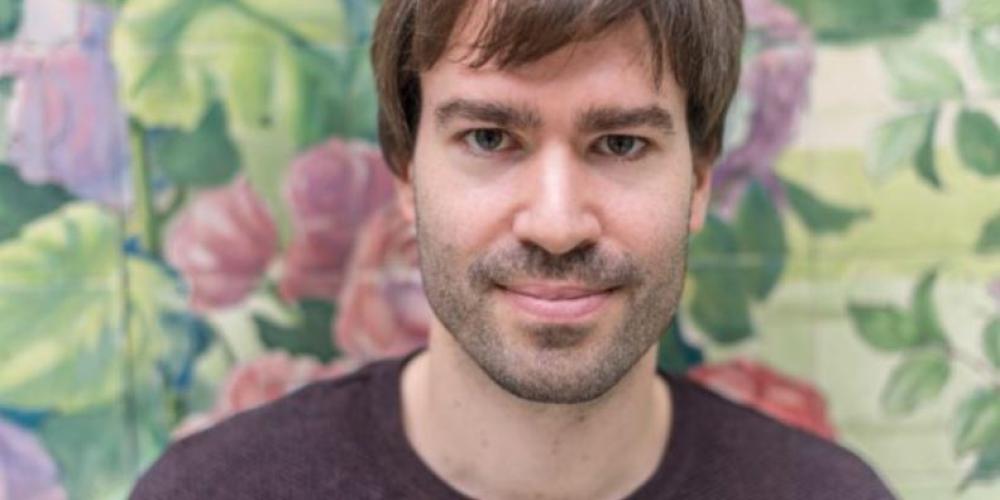
On the occasion of International Migrants Day, we are publishing a contribution by sociologist Pieter-Paul Verhaeghe to the book 'Migration, Equality and Racism: 44 Opinions', which will be published by VUBPRESS in January. The book will be launched on FB-live on the 21st of January at 8PM. An adapted version of this contribution also appeared as an opinion piece in De Morgen (+).
“A few years ago, I gave a lecture in Ghent on the power of correspondence tests as a weapon against discrimination. After the lecture, a social worker from the refugee sector came to me. She said with the necessary indignation in her voice that, thanks to these correspondence tests in Ghent, refugees were more often invited to visit a house, but that in the end they could not rent it because their income was too low. It was a waste of time for her, the refugee and the real estate agent.
I had to think back to this anecdote when De Standaard published a much-discussed report two weeks ago about the difficulties faced by recognised refugees in finding a home. When asylum seekers are recognised as refugees in Belgium, they have to find their own home within two to four months. This is an impossible task for many refugees. After all, many of them do not yet have a job and are dependent on social welfare, which does not get them very far on the private housing market. That is why they have to turn to ‘brokers’ from the migrant community who sublet houses against a hefty committee. Eastern European migrant workers often suffer the same poignant plight, despite having income from work. For them, irregular residence in Belgium is an additional problem.
For those at the bottom of the rental market, these rogue brokers are both ‘heroes and profiteers’, a necessary evil. Without them, people cannot rent a house in Belgium at all. The problem is, therefore, greater than the wall of discrimination against which one has to contend. Correspondents tests or other instruments against discrimination are more than necessary, but will not suffice. After all, discrimination and social exclusion go hand in hand.
By way of illustration: recent correspondence tests in Mechelen show that candidates with a Belgian-sounding name in receipt of social benefits are only invited to view rented accommodation in 26% of cases. For candidates with a Moroccan-sounding name receiving social benefits, this invitation rate drops to only 17%, indicating ethnic discrimination. Invitation rates for a refugee from Syria receiving social benefits have not been tested, but are likely to be even lower. The picture is clear: these groups have very little chance of finding affordable housing on the private rental market. Anyone who is poor falls by the wayside and the colour of your skin can only make things harder.
In the Netherlands, they combat the exploitation of refugees through an active policy of distribution and social housing. The government spreads recognised refugees across all the country’s municipalities, which means the responsibility for reception doesn’t end up only in the big cities. The municipalities then have a duty to find suitable housing for refugees. To this end, they mainly make use of the provision of social housing.
Is giving priority to refugees for social housing the solution? Yes and no. Yes: by doing so, we take them out of the clutches of rogue estate agents and guarantee the fundamental right on housing. No: by immediately allocating recognised refugees a home, we undermine the social support for migration. After all, many Flemish people – with and without colour – have been on a waiting list for social housing for years. Making them wait longer for their fundamental right on housing will only increase socio-cultural polarisation in our society.
The underlying problem is the structural housing crisis in our country. The supply of affordable housing is simply too limited, certainly in the cheaper rental segment. Owners will only rent out their homes if they can get a certain return in line with the market. As a result, rents on the private market are too high for low-income groups. The government can respond to this in two ways: either by directly supporting tenants on a limited budget through rent subsidies, for example, or by building or renovating more social housing. A policy that focuses on affordable and high-quality housing is, therefore, key to reducing poverty.
As far as social housing is concerned, Belgium is doing very badly. According to the OECD, in 2018 a mere 4.2% of homes in Belgium were social housing. This compares with 37.7% in the Netherlands, 17.4% in the United Kingdom and 14.0% in France. As a result, waiting lists for social housing are growing year after year. In Flanders alone, there were as many as 153,510 people on a waiting list in 2019. That is a multiple of the 5,776 people recognised as refugees in Belgium in that year. Those refugees will therefore not be taking social housing in Belgium en masse.
The solution is more and faster investment in social housing. For example, the resources from the reduction of the housing bonus – the so-called mortgage tax deduction – can be used for this purpose. Steven, Mohammed and Alexandru would all benefit from such a housing policy.”